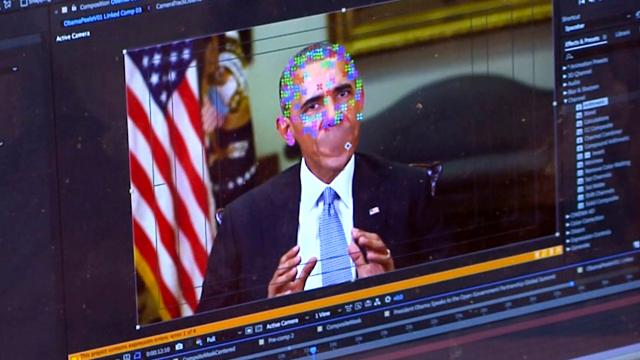California has become the latest U.S. state to ban politically motivated deepfakes amidst growing concern about how the technology could be used to interfere with the upcoming 2020 election.
On Friday, California Governor Gavin Newsom signed the AB 730 bill into law, making it illegal to create or distribute deceptively altered videos, audio, or photos of political candidates in the state.
Additionally, he signed AB 602, a bill that allows California residents to take legal action against distributors of deepfake pornographic content which distributes their likeness without getting legal consent to do so.
A new study on deepfakes released by cybersecurity company Deeptrace shows that the overwhelming majority of deepfake videos online include nonconsensual porn.
According to the study, 96 per cent of deepfakes posted online are sexually explicit, and 99 per cent of those videos feature women who work in the entertainment sector. It’s undeniable that the primary target of weaponised deepfakes are women.
It’s almost as if a technology and tool created for the explicit purpose of targeting and harassing women is going to be used mostly for targeting and harassing women. Those jumping on the deepfakes hype need to get some real world perspective of actual victims.
— Joseph Cox (@josephfcox) October 7, 2019
But one of the most-recent widely disseminated manipulated videos wasn’t a deepfake, it targeted a woman, and it was used for political purposes. In May, a distorted video of House Speaker Nancy Pelosi that appeared to show her slurring her words went viral, largely thanks to President Donald Trump retweeting a version of the video shared by Fox News.
The incident was the most obvious and public display of how doctored videos can be used to misrepresent political opponents, distort narratives, and hack news cycles.
Now California is providing a path to allow people to take action against these types of videos, which will only get easier to produce with rapidly developing deepfake technology and audiovisual editing software.
California assemblyman Marc Berman wrote the political deepfake bill. “In the context of elections, the ability to attribute speech or conduct to a candidate that is false — that never happened — makes deepfake technology a powerful and dangerous new tool in the arsenal of those who want to wage misinformation campaigns to confuse voters,” Berman said, in a public statement.
The law can only be applied to deepfakes that are distributed 60 days prior to an election. Deepfakes that are clearly marked as fabrications or are satirical in nature are exempt from the law — caveats that seem intended to ensure the law doesn’t run afoul of free speech protections.
Last month, Texas became the first state to criminalise political deepfakes with a law that makes it a misdemeanour to make and share distorted videos about a political rival a month before an election.
It’s a near-certainty that both California and Texas will have a difficult time enforcing these laws between now and the 2020 election, but it’s a good sign that global legislatures are finally considering the dystopian possibilities of the proliferation of this technology.
